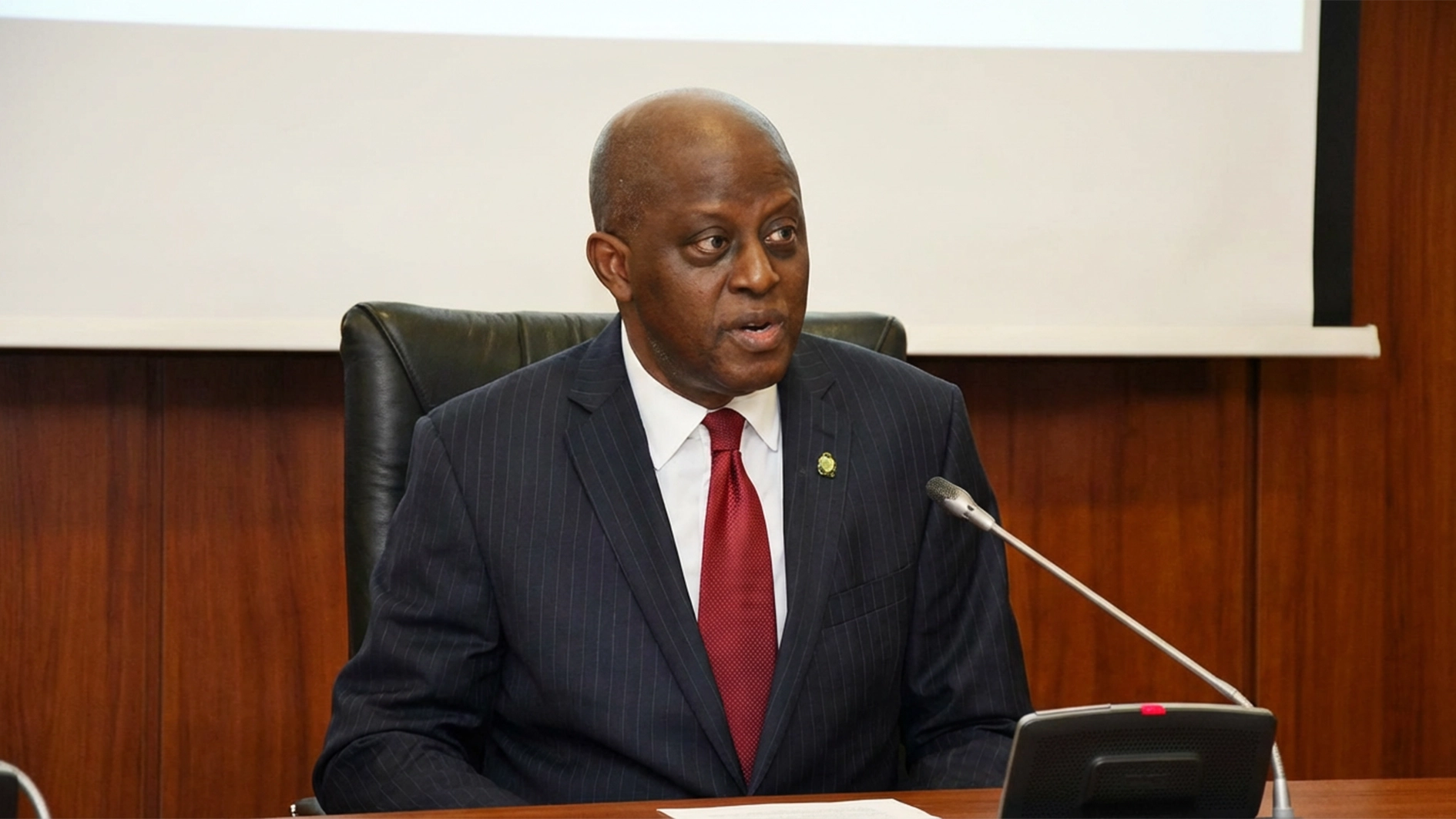As Nigeria celebrates its independence, experts are highlighting the role decision science can play in addressing the nation’s challenges.
Uthman Abiola Kareem, a researcher in Industrial and Systems Engineering, believes that data-driven innovation can significantly alleviate systemic burdens in sectors like defense, infrastructure, and emergency response.
While Nigeria continues to navigate the challengess of limited infrastructure and development as a third-world country, Mr. Kareem emphasizes that a strategic and scientific approach can significantly alleviate systemic burdens, particularly in sectors like defense, infrastructure, and emergency response. His work proposes solutions that require not more resources—but better thinking, grounded in data.
“Insecurity continues to consume a disproportionate share of the national budget. Yet we can enhance our response by leveraging existing resources more intelligently, starting with better data collection and more effective planning,” he said.
Kareem’s work demonstrates the potential of operations research and data science in solving real world problems. He developed a comprehensive supply chain optimization model for a major Nigerian company, achieving a 23% reduction in supply chain costs and 15% improvement in delivery performance. This model integrated demand forecasting, inventory management, and transportation planning using mixed-integer programming.
He proposed modern applications of classical operations research models tailored to Nigeria’s reality. He advocates for scenario analysis, probabilistic modelling, and simulation to support decision-making in counter-terrorism, emergency resource allocation, and infrastructure development.
“Simple yet powerful tools such as assignment models for personnel deployment, knapsack models for resource optimization, and set covering models for emergency coverage planning can be embedded in intuitive mobile or web applications,” he noted.
These solutions, the said argues, don’t require heavy capital investment but rather technical expertise and institutional will to implement.
“If the military is not already collecting structured data from routine operations and conflict engagements, we are missing an opportunity,” he explains, adding that data could inform risk models to anticipate and respond to future threats more effectively at a fraction of country cost.”
Kareem highlights the potential of these tools beyond the battlefield. For example, vehicle routing models can improve humanitarian logistics, while simulation-based planning can guide infrastructure growth to maximize impact under fiscal constraints. He calls on national institutions like the Nigerian Defence Academy and the Nigerian Army University, Biu, to not only include these methodologies in their curricula but also ensure they are applied operationally.
“We have the intellectual capacity; what we need is translating this knowledge into usable systems for real-world application,” Kareem emphasises. His vision is grounded in strategic realism, a belief that data, when harnessed intelligently, can bridge the gap between aspiration and implementation. “The lesson,” Kareem concludes, “is that development isn’t always about building more. Sometimes, it’s about thinking smarter using what we have in ways we haven’t imagined yet.”






